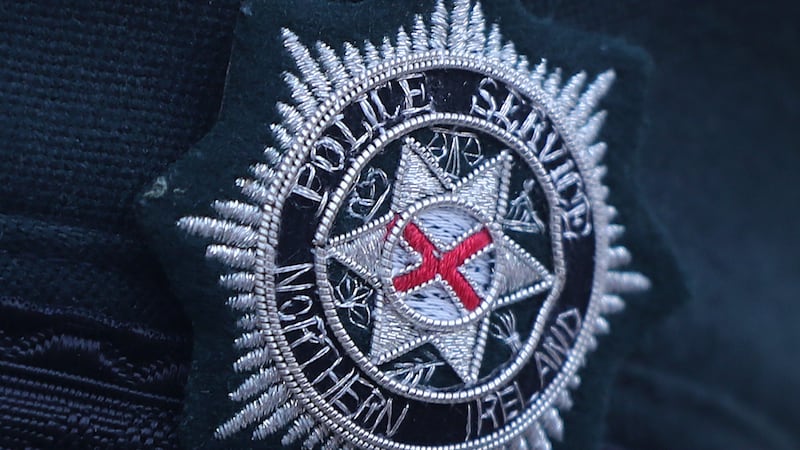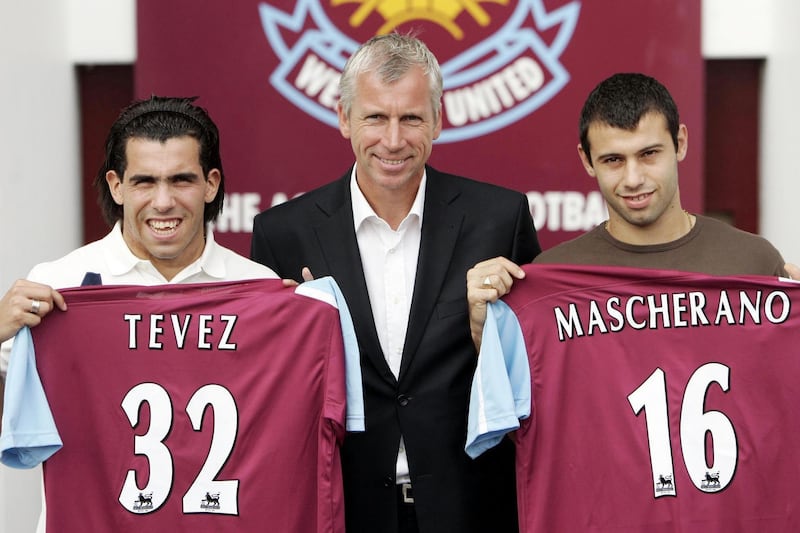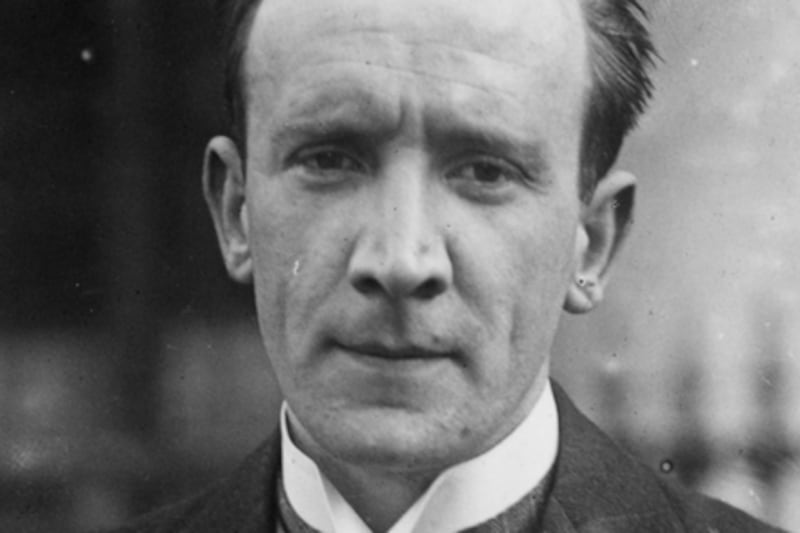November 21 1973
THE Unpledged Unionists moved yesterday’s anti-power-sharing motion at the Ulster Unionist Council meeting in Belfast’s Ulster Hall and were defeated by a majority of 10.
A total of 379 delegates supported Mr Faulkner [Brian, Ulster Unionist Council leader] in the first vote of the meeting. The Unpledged Unionists proposed that the council should “reaffirm our determination to maintain the union with Great Britain in accordance with party policy and refuse to enter into a power-sharing executive with the SDLP, whose aim is a united Ireland”.
Later, Mr Faulkner, who had said he would resign if defeated, proposed that the council should reaffirm their determination to maintain the union and “support efforts to create a strong regional executive of government provided the formation of such an executive in no way weakens the union”. This was adopted by 374 votes to 362.
Afterwards Unpledged Unionist assemblyman Mr John Laird described the votes as a “moral victory” for the anti-Faulkner camp. He claimed that “grassroots” opinion outweighed the council’s feelings.
Mr Laird said he suspected Mr Faulkner had been making concessions to the SDLP and Alliance Party during their private meetings and warned that another meeting of the council would be called if they found he had deviated from his undertakings to the party.

The undertakings spelled out by Mr Faulkner are understood to have included condemnation by the SDLP of the rent and rates strike; full SDLP support for the RUC; and an overall executive majority for the unionists.
Despite his tightrope situation, it was a jubilant Mr Faulkner who faced reporters after the council meeting.
“I forecast a very close result,” he said. “The important thing is that it is a win. I’m quite satisfied. Together with the Standing Committee vote in favour of power-sharing it represents a renewed mandate. Mr Whitelaw [William, Secretary of State] will recognise a winner as well as anybody else, and we are winners today”.
Mr Faulkner added: “I go in for straight victories rather than moral ones. I am not worried at all about the size of the majority – it would have been greater if left to the delegates without influence from blocs representing the opposing Orange Order.”
Stressing that he had made no concessions during the executive talks Mr Faulkner said: “Before we started the discussions, everyone knew we could not go into government with people who broke the law in any way, and that, of course, includes the rent and rates strike. We cannot go into government with people who won’t accept the police force and the security forces of the country.”
The narrow vote in favour of power-sharing at the Ulster Unionist Council spelled danger for Brian Faulkner as the talks moved to Sunningdale in England in December 1973 to reach agreement on other issues such as north-south relations and policing.








